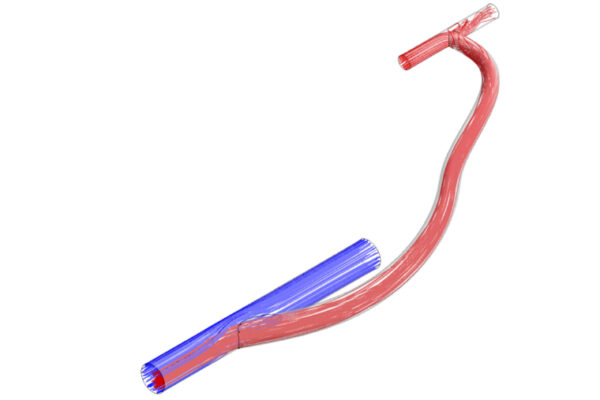Hypertrophic cardiomyopathy is the most common cause of sudden death in young people. The genetically inherited condition causes the heart muscle to enlarge, making it difficult for the muscle to relax between beats and often creating an irregular heartbeat.
Hypertrophic cardiomyopathy is caused by genetic mutations in the sarcomere, a protein apparatus that cardiomyocytes use to contract as the heart pumps blood. However, not all individuals with sarcomere mutations develop hypertrophic cardiomyopathy, even if they harbor similar mutations. This suggests that non-genetic factors may trigger the disease in patients who have genetic mutations.

Nathaniel Huebsch, assistant professor of biomedical engineering at the McKelvey School of Engineering at Washington University in St. Louis, will research the role that blood pressure plays in triggering symptoms in patients with hypertrophic cardiomyopathy with a nearly $2 million five-year grant from the National Institutes of Health (NIH). He and his team will use a heart tissue model engineered from human-induced pluripotent stem cells to identify molecular mechanisms that sensitize heart muscle to the mechanical load imparted by hypertension.
Read more on the engineering website.



Comments and respectful dialogue are encouraged, but content will be moderated. Please, no personal attacks, obscenity or profanity, selling of commercial products, or endorsements of political candidates or positions. We reserve the right to remove any inappropriate comments. We also cannot address individual medical concerns or provide medical advice in this forum.